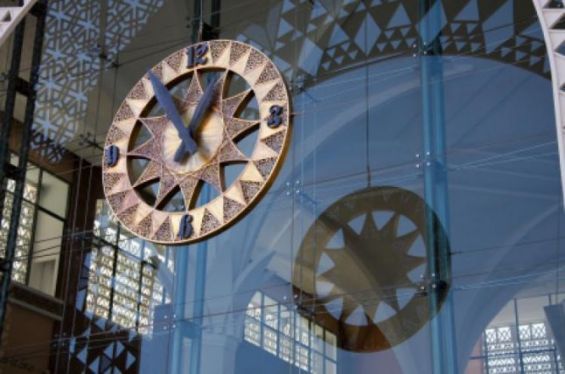After a meeting held Friday, 26th of October, the Council of Government, headed by Prime Minister Saadeddine El Othmani, adopted a draft decree to stay on Daylight saving time permanently, reports MAP.
The decision was made public, three days after the same source announced that Morocco will get back to GMT on the 28th of October. Some believe that it is a practical solution as it helps saving energy and reducing the consumption of electric lighting and maintains commercial transactions between Morocco and Europe.
However, experts think that this rapid and unexpected change can affect the productivity of Moroccans and disturb their daily activities.
Confusing sun and moon times
The idea was thoroughly explained by clinical psychologist Saida Chett, who believes that «psychologically speaking, maintaining Daylight saving time all year long, will be a hard task to comply with for Moroccans».
For Chett, we all have a biological clock that can get annoyed and confused by these fast and surprising changes, especially that most Moroccans were waiting for the opposite. «When you wake up early in the morning to find out that it is still dark outside and that you haven’t had enough sleep, you panic», she told Yabiladi.
Productivity suffers from these impacts, she pointed out. Moreover, the psychologist indicated that it is also a matter of feeling safe and secure.
«Those who live far from their work places and need time to get to their offices, will understand what I am talking about. It is going to be hard for them to take the bus, the train and drive at a time when it is still dark and empty outside».
Feeling unsafe, distressed and anxious «stay with them, even when they are at work», added the expert.
Adapting to the situation will be maintained one day, says Saida Chett, but it would take time for the brain to absorb and understand this fast decision.
Anxiety, mood swings and depression
Indeed, getting used to Daylight saving time is hard for some Moroccans, as reported by Moroccan psychiatrist and psychoanalyst Jaouad Mebrouki. «I do not see the point of adopting the Daylight saving time, as all my patients complain, during the first months, about sleep disorder and tiredness», he told Yabiladi.
The change can lead to anxiety problems, mood swings and depression, explained the expert.
But what it is very annoying for the brain and body, according to Mebrouki, is the fact that all «these changes take place in a short period» and doesn’t leave Moroccans the time to fully adapt.
A communication problem
The same idea was pinpointed by psychiatric Mohamed Hassoun, who thinks that these changes enhance «instability» and «doubt».
For him similar decisions must be taken after consulting people and allowing them to fully understand, absorb and be ready to adapt to the new timing.
«We have to explain summer time and bring solid arguments to convince people», he argued. «Here we are just giving orders, obliging Moroccans to comply with the new rules without understanding the 'whys' and 'hows'», added Dr Hassoun.
But for the psychiatrist, the government must bring explanations that matter for Moroccans and touches upon their daily lives.





 chargement...
chargement...













